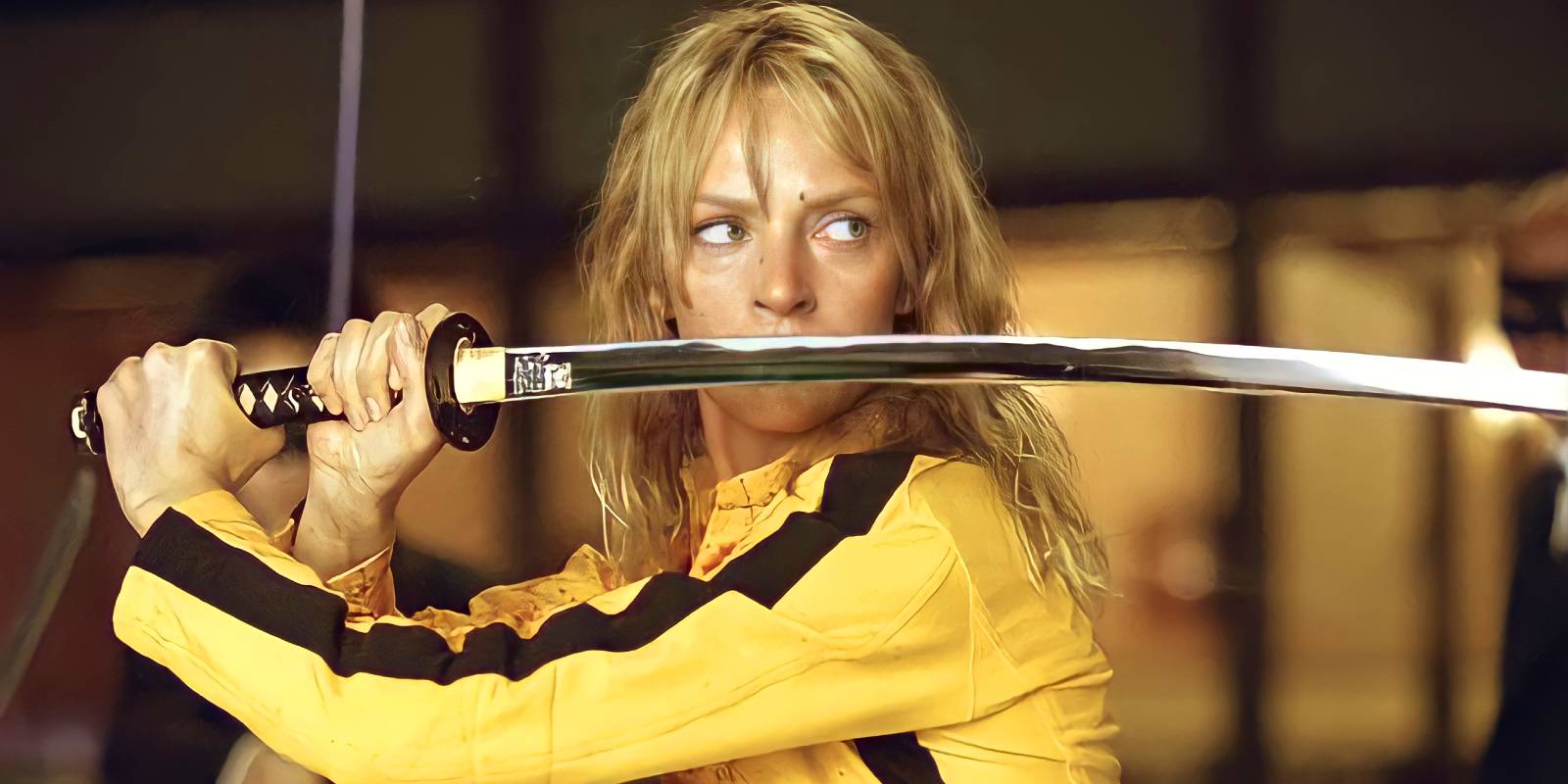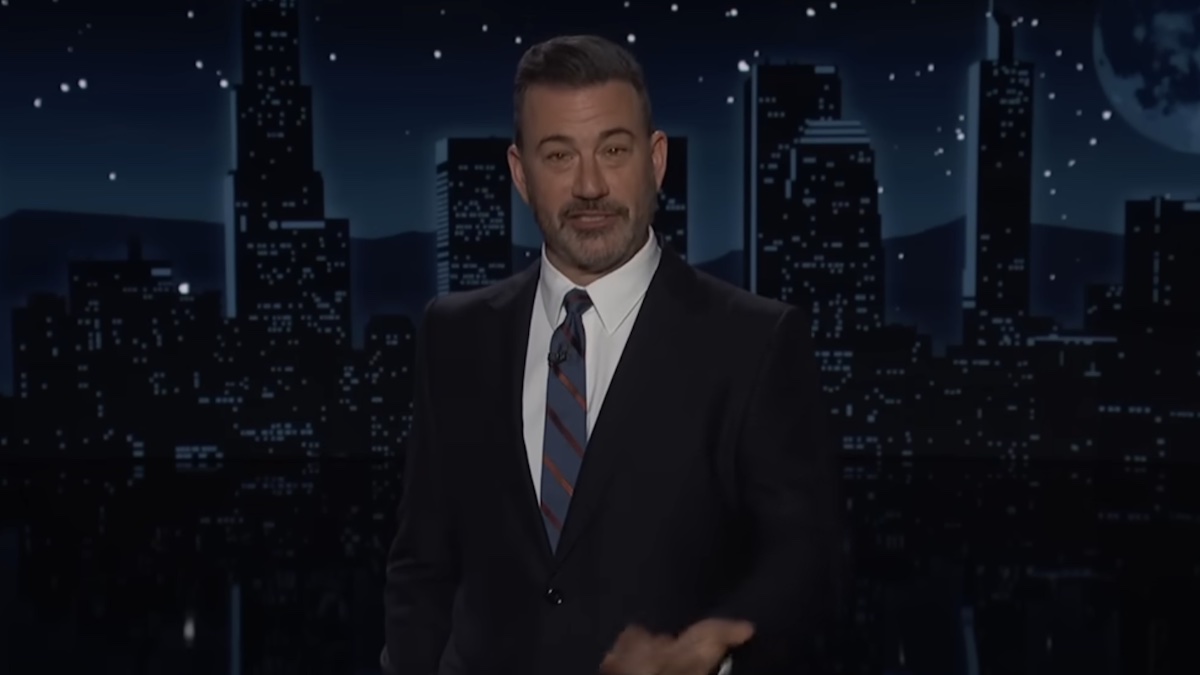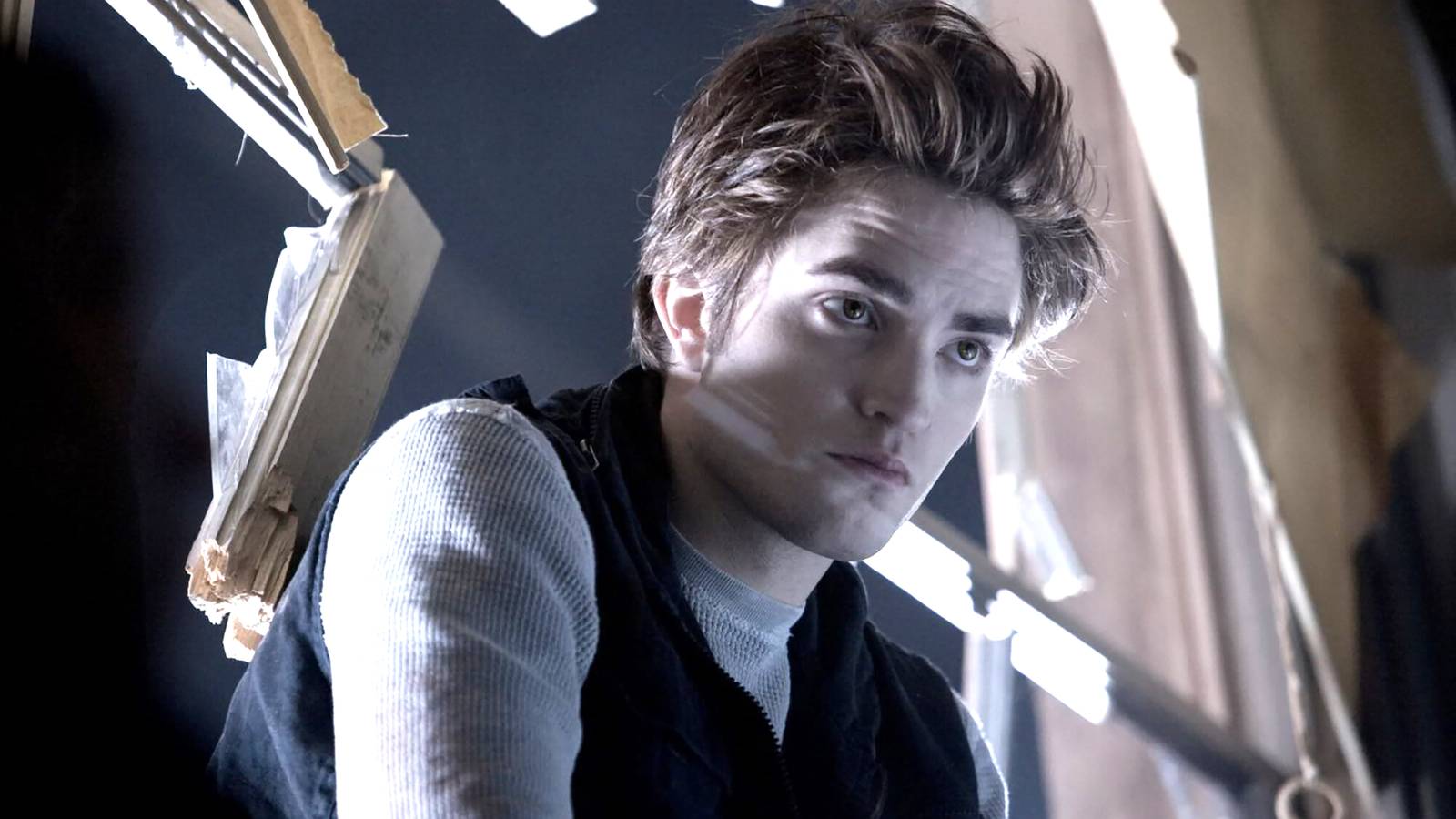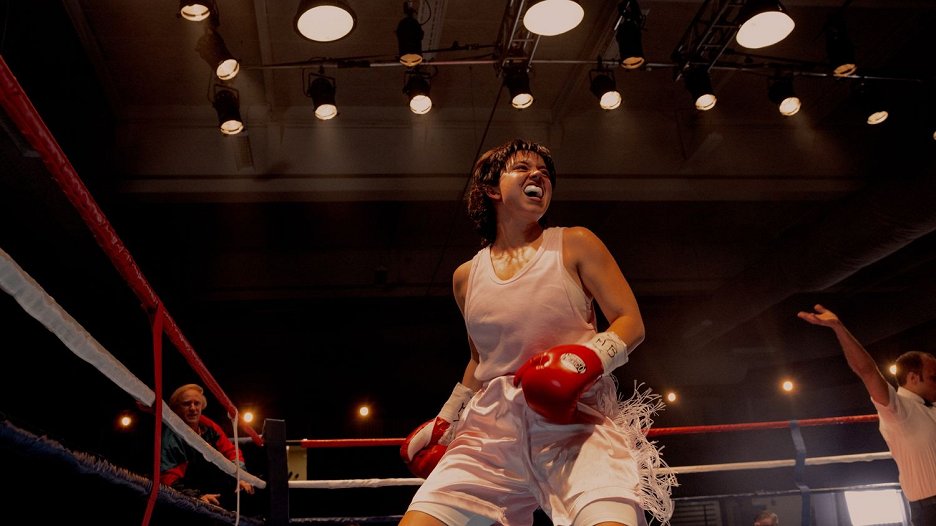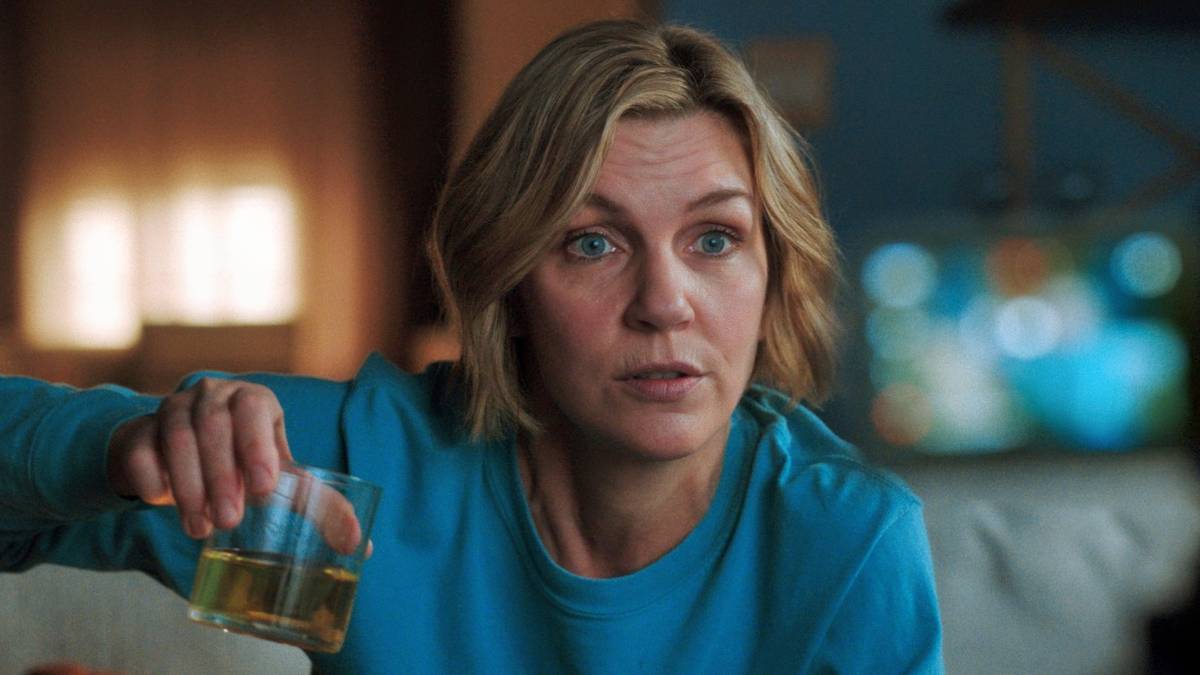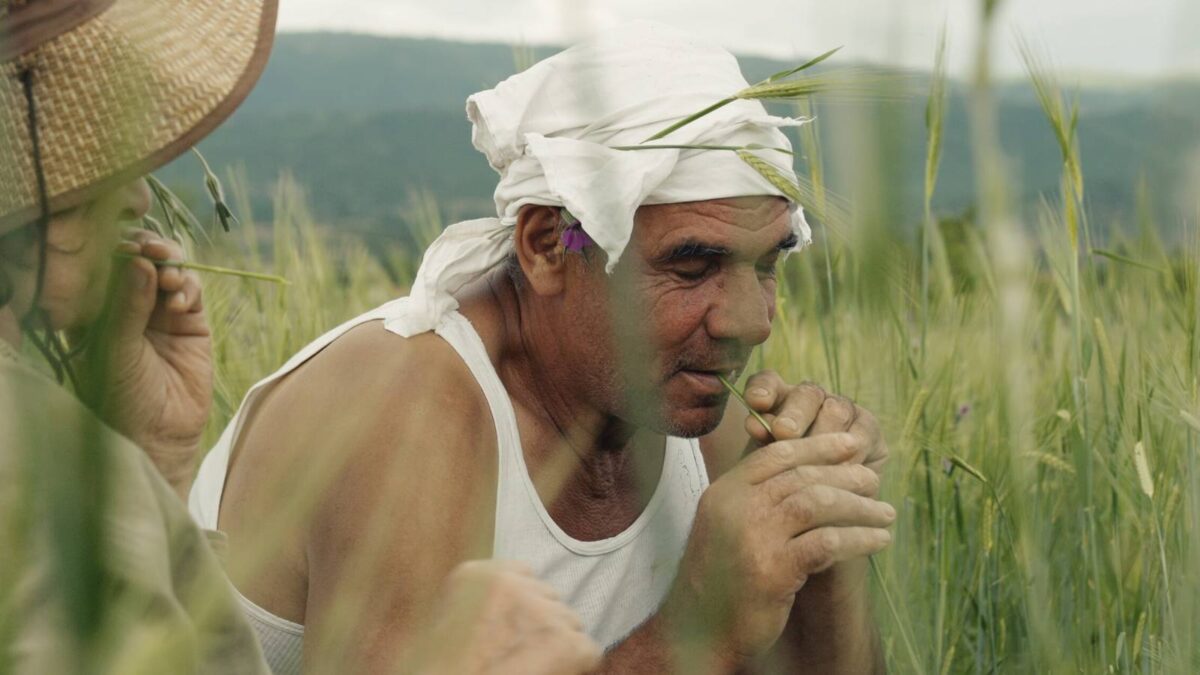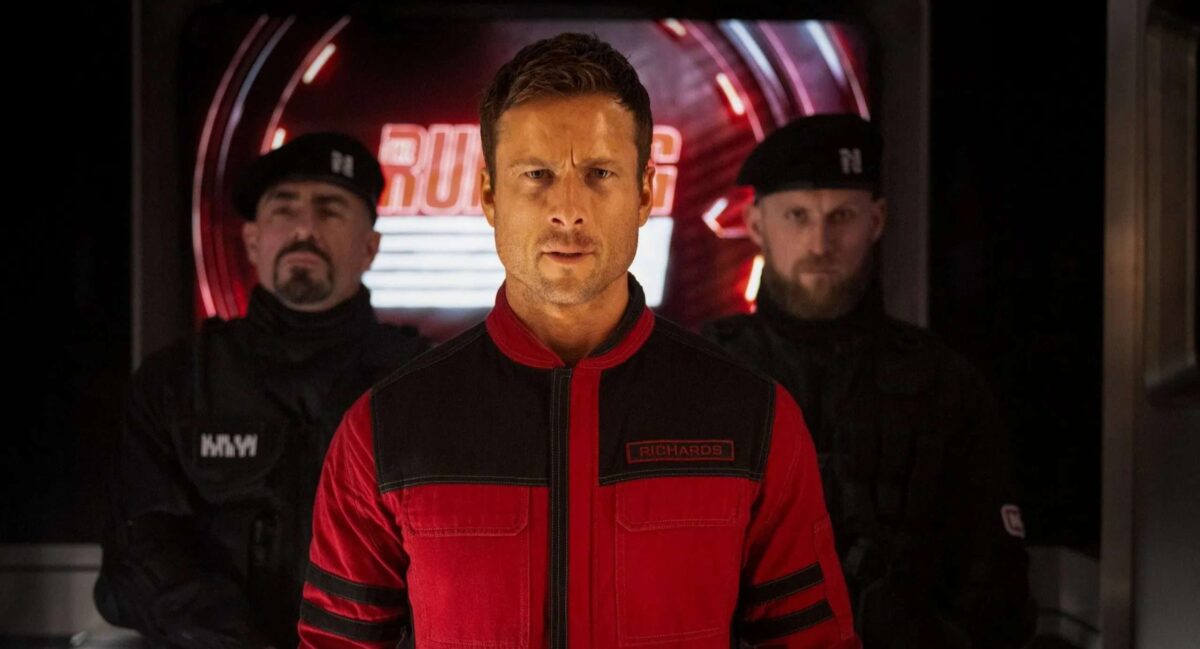
Keira Knightley & Carrie Coon on ‘Boston Strangler’ and True Crime Stories
Mar 20, 2023
From writer/director Matt Ruskin, the true crime thriller Boston Strangler (available to stream at Hulu) follows Loretta McLaughlin (Keira Knightley) and Jean Cole (Carrie Coon), reporters for the Record-American newspapers in the 1960s who were assigned to work together when Loretta became the first journalist to connect the Boston Strangler murders. While their quest for the truth was a noble one, pursuing the story put them at personal risk and made them question just how far they were willing to go, largely as a result of the rampant sexism that was typical of that era.
During a press conference to promote the film, Ruskin, Knightley and Coon talked about their own previous knowledge of the Boston Strangler case, why they wanted to tell this story, shining a spotlight on Loretta and Jean, the relationship the women had with the police department, the importance of female allyship, shooting in Boston, and what Knightley and Coon enjoyed about working together.
Question: Matt, what drew you to this project and what was your prior knowledge of the Boston Strangler case?
MATT RUSKIN: I actually grew up in Boston, and I had always heard about the Boston Strangler, but I really didn’t know anything about the case. And then, several years ago, I started reading all that I could and discovered this incredibly layered murder mystery that was full of twists and turns. In many ways, it was as much a story about the city, at the time, so I was just completely gripped by the case. And when I discovered these reporters, Loretta McLaughlin and Jean Cole, I found out that they were among the first reporters to connect the murders and they actually gave the Boston Strangler his name during the course of their reporting. I felt like that was a really compelling way to revisit this case.
Image via Hulu
Keira and Carrie, what was it that grabbed you guys about this project and made you want to be a part of it?
KEIRA KNIGHTLEY: I had heard of the Boston Strangler, but I really didn’t know anything about it, so I really came to it from Matt’s wonderful script. I just thought it was a really interesting way of telling the story of a serial killer, but through the point-of-view of these two female journalists. And the fact that you’ve got a case where most people didn’t know that it was two women who broke the story, that they’ve largely been erased from the history of this case, I thought was really interesting.
CARRIE COON: Yes, that was the most shocking part of it for me, that these women were so integral to breaking the case and to forcing the police departments to share information, and their names are never mentioned in association with it. That was really shocking to me. And then, their stories of how they became journalists, as individuals, they were very compelling, very moving stories that certainly echoed the lives of the women in my world who grew up in the Midwest. My mother was a nurse. One of my grandmothers was a teacher, and the other was a homemaker. Those were the opportunities available to women, aside from secretary. So, Jean’s fight to become a journalist at all was very moving to me. And then, of course, I had seen Crown Heights, which Matt had made, and I think of him as a really, deeply moral filmmaker, and I knew that his interest in this story was feminist. He was really interested in revealing that those women had been erased from the story. And of course, I knew Keira was involved, as well, and I was really excited to get the opportunity to work with her.
Matt, what sort of research did you do for this? What was available to you?
RUSKIN: When I started, I was immediately grabbed by Loretta and Jean’s stories, but there was very little information available about them that I could find. I read Jean Cole’s obituary, and it mentioned that she had two daughters, so I looked them up. One of them had a Facebook profile, and in the Facebook profile, she had one photograph. In the photo, she had her arm around an old friend of mine, so I called up my friend and said, “How do you know this woman?” And she explained to me that was her mother, and Jean Cole was her grandmother and someone that she absolutely revered before she passed away. So, she introduced me to both families. The more I got to know about these women, as reporters, the more I grew to admire them. I just felt incredibly compelled to try to tell their story.
Image via Hulu
Keira and Carrie, when you first read this script, what was it about these real women that most impressed you?
KNIGHTLEY: For me, this whole film is really a love song to female investigative journalists, and it highlights how important it is to have women in positions of power in storytelling because it was these two women that really went, “This is an important story. This is information that needs to be in the public, in order to keep the women of Boston safe.” Largely, it was a story that had been, at that point, ignored by the male establishment. I don’t know that their male colleagues would have seen the importance of it. So, I think it’s wonderful to be a part of something that is really highlighting how important it is to have as many good female journalists as you possibly can, for the safety of our communities.
COON: There’s a great story about Jean, that she wanted to get a raise because she was making $30 a week and her childcare was costing $25. She went in to appeal for a raise, and all of the men in the newsroom went in with her to back her up and suggest that she needed a raise. That highlights the importance of having male allies in a space like that. I think Jean was a very practical feminist who put her head down and did her work well. All you could do in that setting was try not to ruffle any feathers. And so, it’s extraordinary that these women put themselves out on a limb the way they did. And then, they were exploited for it, by having their photos taken.
Matt, how would you describe the relationship Loretta had with the police department?
RUSKIN: This is a decade before the term “serial killer” even came into existence, and the Boston Police Department was very much a blunt instrument, at the time. The field of Criminology was very much in its infancy. Interviewing psychiatrists to try to create a psychological profile was very much a forward-thinking thing that was outside of the norm, and they did connect on that. Some of the detectives who Alessandro [Nivola]’s character is
based after, were a handful of really forward-thinking detectives who were very open, and they wanted to know what Loretta and Jean were coming up with.
Keira, Loretta was clearly someone who wouldn’t give up, but what about her tenacity did you most admire? Is this a role that’s inspired you outside of the film?
KNIGHTLEY: I think she’s completely inspiring. It was her tenacity that I found most inspiring. I’ve spoken to quite a few women who’ve seen the film, and the word that keeps coming up, which I find fascinating, is that it’s “cathartic” to watch it. I probably experienced that when I read it, with all of the things that she came up against, whether it’s the male-dominated workplace, or desperately trying to have a home life and a job and trying to raise children while trying to get justice for these women. I think that’s something that a lot of women today can relate to. Her tenacity and the fact that she became an award-winning journalist whose children clearly adored her, I found that very inspiring. So, I think it was her tenacity that I loved.
Image via Hulu
Carrie, what do you think Jean learned from Loretta?
COON: There’s a story built into this that’s about female allyship. There’s also the broader story that these were the women who warned the women of Boston that there was a danger to them and cautioned them on how to protect themselves, which is not the story that we often tell. It’s often about, “Well, there’s only room for one, and we already have one, so we don’t need another one,” when it comes to women in the workplace. In the film, you do see Jean’s perhaps more conventional way of moving through that world, being challenged by Loretta’s doggedness and her willingness to create controversy, which is something that Jean avoided outside the arenas that she was investigating. What Matt has done is thread that into the script, where you see Jean’s reality being complicated by the presence of Loretta, and that probably speaks to why they were friends, going forward, for the rest of their lives.
Matt, why was it important for you to actually film this in Boston?
RUSKIN: One of the reasons I wanted to film the movie in Boston was to be able to bring in a lot of the local talent. There’s an extraordinary theater world and scene in Boston, and a very deep pool of talent of local actors. It’s great to be able to bring them in and allow some people to speak with their Boston accents. In this case, it’s not as much about class as it is a generational thing. Loretta’s parents came over from Ireland, so for her, she grew up in a house that didn’t have Boston accents. They were just trying to assimilate.
Throughout the film, we don’t see the Boston Strangler’s face. Why is that?
RUSKIN: A big piece of the film is about identity, and who is this killer or killers? So, it was important to leave that as this unknown, as this gray area. I also felt strongly about not depicting violence in a way that was gratuitous. Much of the violence and many of the attacks happen off-screen, for that reason.
True crime has become an incredibly popular genre, with over half of America hooked on the genre. Were you concerned or worried about packaging up brutal real-life material as entertainment? What makes this the right story to tell now?
RUSKIN: That’s part of why I felt compelled to make the film from Loretta and Jean’s perspective, rather than what we’ve all seen, either from the perspective of the killer himself or from that hard-boiled detective story. I felt like this was a really worthwhile way to revisit this series of horrific events.
Image via Hulu
Keira and Carrie, what are your favorite memories of filming this movie together?
KNIGHTLEY: I was just incredibly lucky with everybody that was involved in this film. It was a really, really lovely, unbelievably talented group of people. I felt very fortunate, particularly with Carrie. We’re both mothers of two small children, and there is something very, very nice about coming onto a set and just looking into another woman’s eyes and having total understanding. That was just a joy. Every time she was there, it was a joy. We could both look at each other through our completely sleepless eyes and be like, “It’s all right, mate. I’ve got your back.”
COON: If we had taken on these roles seven years ago, we would’ve learned shorthand. But now that we have children, we don’t prepare for films anymore. We just hope that they’re well written and we rely on what’s on the page.
KNIGHTLEY: My big moment was touch typing. I was doing a scene, and I was meant to be typing, and I suddenly went, “I don’t know how to touch type.” I looked over at Carrie and I was like, “I haven’t learned how to touch type.” And she said, “That’s because you have two small children.” And I was like, “Okay.”
Boston Strangler is available to stream on Hulu starting March 17.
Publisher: Source link
Christy Review | Flickreel
Christy is a well-acted biopic centered on a compelling figure. Even at more than two hours, though, I sensed something crucial was missing. It didn’t become clear what the narrative was lacking until the obligatory end text, mentioning that Christy…
Dec 3, 2025
Rhea Seehorn Successfully Carries the Sci-Fi Show’s Most Surprising Hour All by Herself
Editor's note: The below recap contains spoilers for Pluribus Episode 5.Happy early Pluribus day! Yes, you read that right — this week's episode of Vince Gilligan's Apple TV sci-fi show has dropped a whole two days ahead of schedule, likely…
Dec 3, 2025
Ethereal Macedonian Documentary Details Struggle Against Capitalism, Climate Change
Macedonia's largest white stork population resides in Češinovo, a small farming village. As dependent on the success of the country's agriculture as the humans which cultivate the land, the birds have made a comfortable home for themselves here, in the…
Dec 1, 2025
A Razor-Sharp and Relentless Reimagining
Edgar Wright’s 2025 adaptation of The Running Man arrives with tremendous expectation, not only because it reinterprets Stephen King’s dystopian novel for a new political and technological era, but also because Wright’s distinctive genre-blending sensibilities seem tailor-made for a story…
Dec 1, 2025

